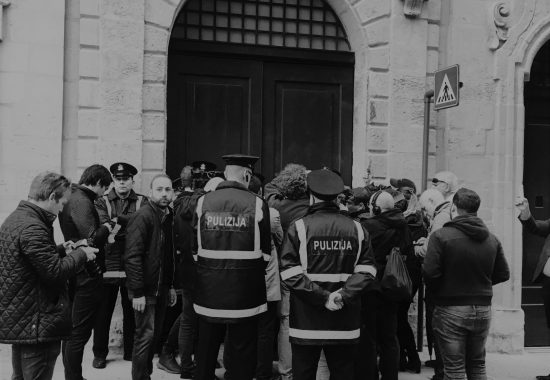Who may be considered ‘stateless’?
Stateless individuals are people who have no nationality and thus, are often denied the right to access the most basic of rights since their lack of evidence of a legal status disallows them from benefitting from their fundamental rights such as the right to education, medical care as well as employment. Various human rights treaties establish the right to nationality and for this to be enjoyed in a non-discriminatory and non-arbitrary manner. However, as evinced by the recent Statelessness Index published by the European Network on Statelessness (ENS), progress in this area is quite slow-moving in both Malta as well as the remainder of Europe.
Continue Reading
